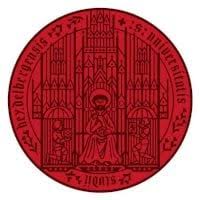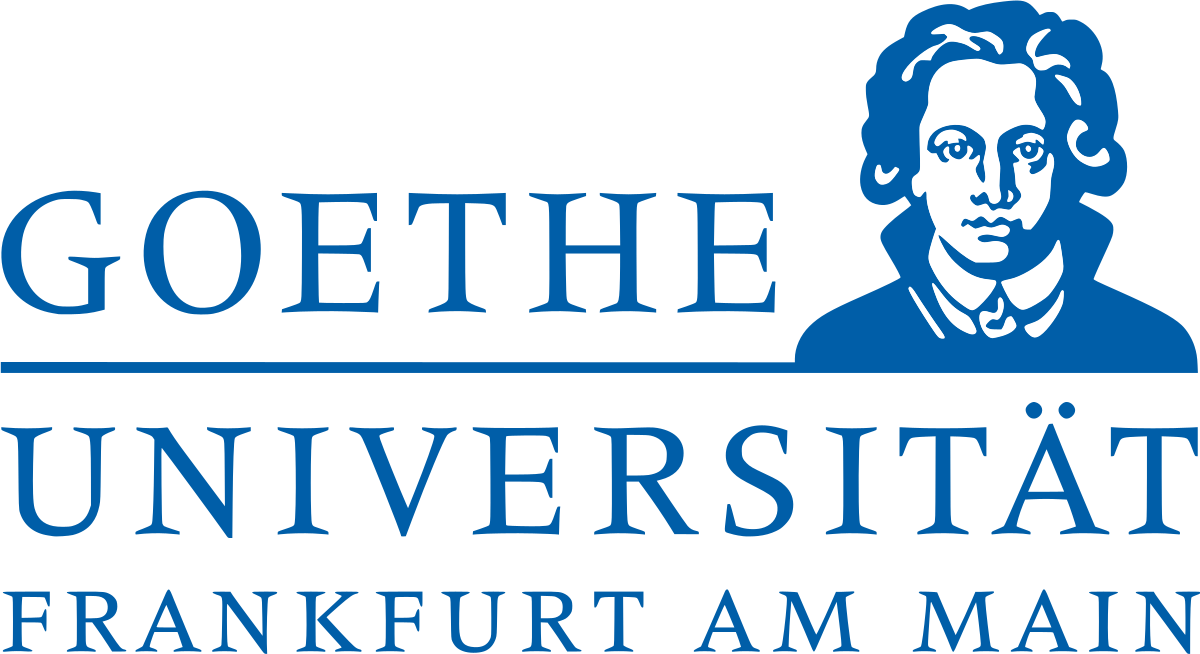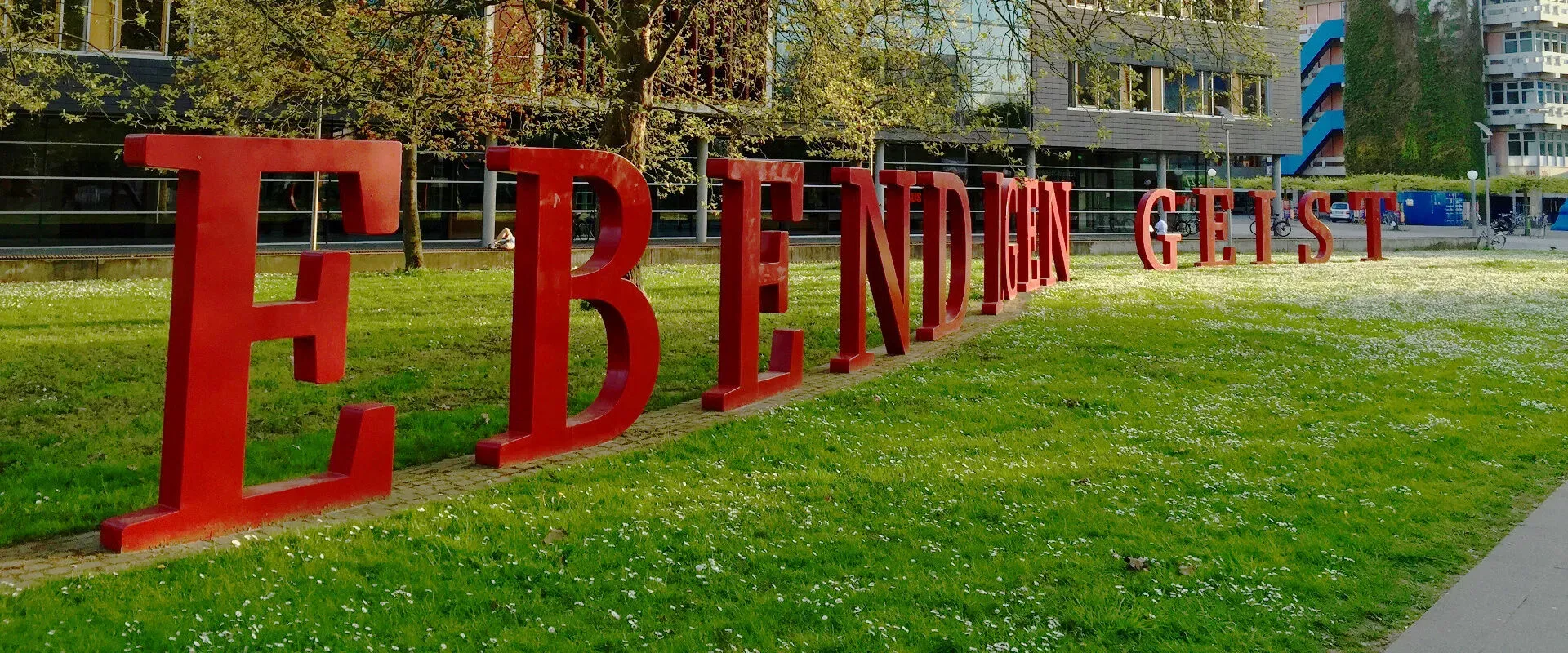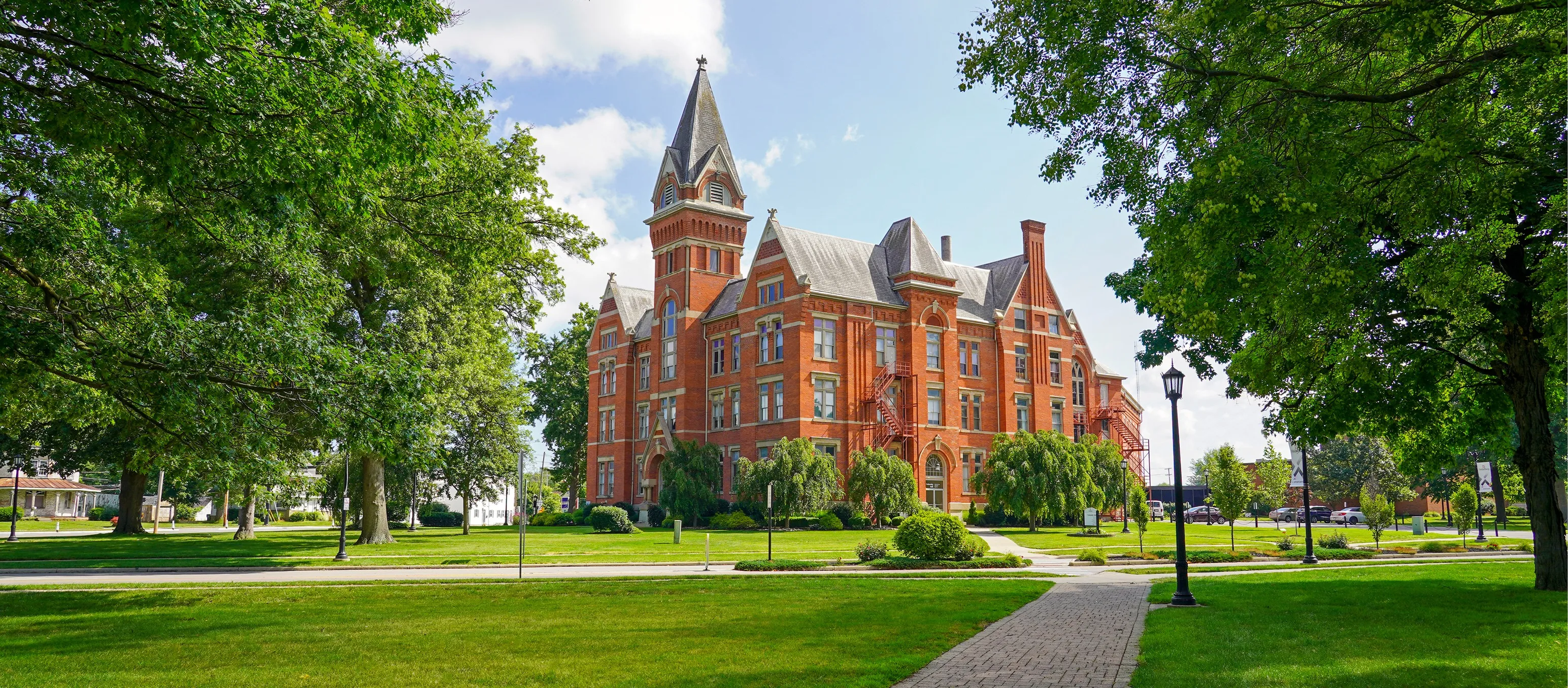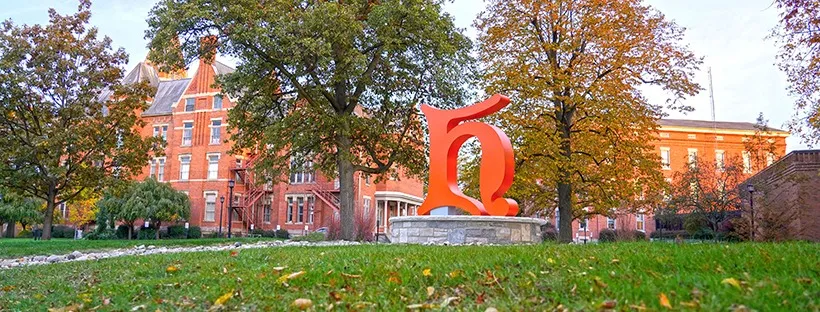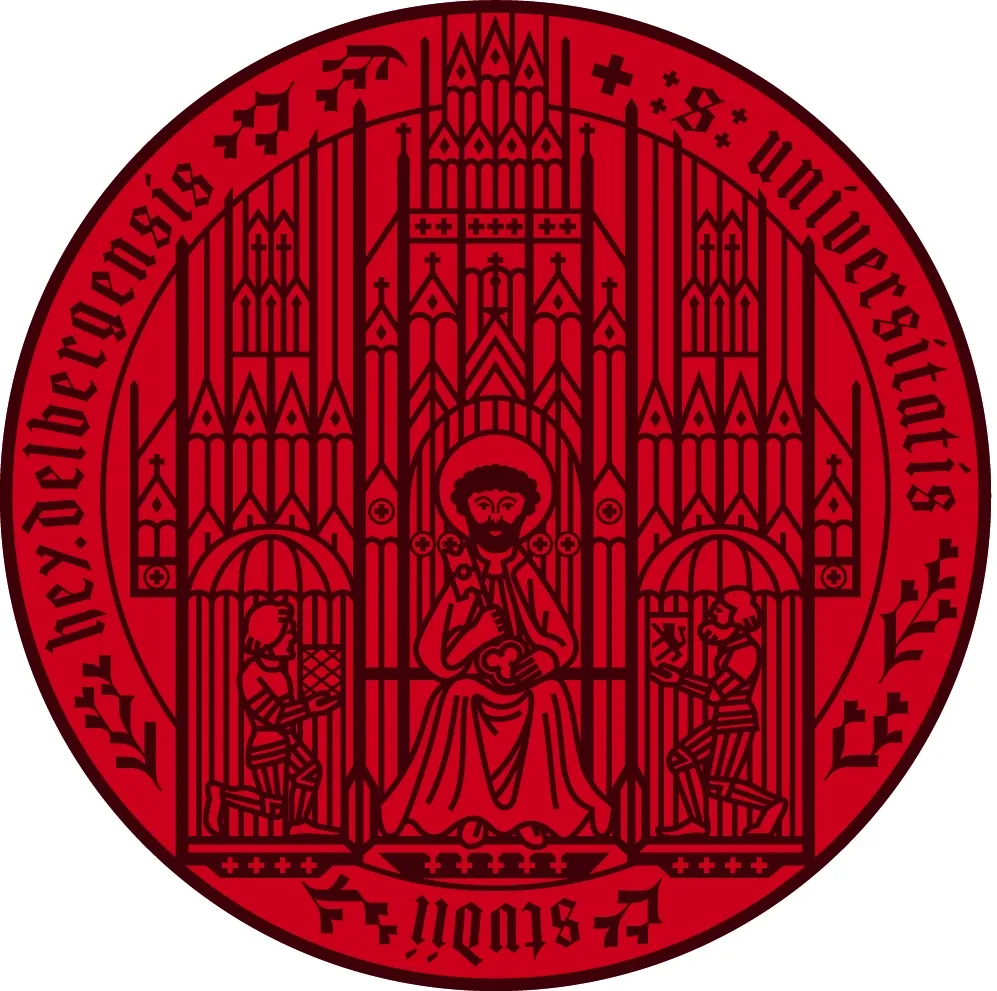
MS in Molecular Biosciences
Heidelberg University (Germany) · Grabengasse 1, 69117 Heidelberg, Germany
About

#80
QS

#49
THE
Heidelberg University, officially the Ruprecht Karl University of Heidelberg, (German:Ruprecht-Karls-Universität Heidelberg; Latin: Universitas Ruperto Carola Heidelbergensis) is a public research university in Heidelberg, Baden-Württemberg, Germany. Founded in 1386 on instruction of Pope Urban VI, Heidelberg is Germany's oldest university and one of the world's oldest surviving universities. It was the third university established in the Holy Roman Empire.
Heidelberg has been a coeducational institution since 1899. The university consists of twelve faculties and offers degree programmes at undergraduate, graduate and postdoctoral levels in some 100 disciplines. Heidelberg comprises three major campuses: the humanities are predominantly located in Heidelberg's Old Town, the natural sciences and medicine in the Neuenheimer Feld quarter, and the social sciences within the inner-city suburb Bergheim. The language of instruction is usually German, while a considerable number of graduate degrees are offered in English as well as some in French.
As of 2021, 57 Nobel Prize winners have been affiliated with the city of Heidelberg and 33 with the university itself. Modern scientific psychiatry, psychopharmacology, psychiatric genetics, environmental physics, and modern sociology were introduced as scientific disciplines by Heidelberg faculty. Approximately 1,000 doctorates are completed every year, with more than one third of the doctoral students coming from abroad International students from some 130 countries account for more than 20 percent of the entire student body.
Heidelberg is a German Excellence University, part of the U15, as well as a founding member of the League of European Research Universities and the Coimbra Group. The university's noted alumni include eleven domestic and foreign heads of state or heads of government. In international comparison Heidelberg University occupies top positions in rankings and enjoys a high academic reputation.
Program Details:
Program WebsiteBasic Info
Institute
Faculty of Biosciences
Degree
MS
Duration
2 years
STEM Designated
Yes
Program
Molecular Biosciences
Expense
Living Expenses
EUR 12000
Tuition Fee (Domestic)
EUR 300
Tuition Fee (International)
EUR 3000
Eligibility
Minimum/ Avg Score
TOEFL
90
IELTS
6.5
Ready to apply? Secure your spot at your dream university with our expert help!
Deadlines:
Deadline WebsiteIntake Deadline 1
15 Mar, 2026
(September-2026)
Stay on track with your applications. Login Now to Unlock all program related information.
Document Required:
Stay on track with your applications. Login Now to Unlock all program related information.

